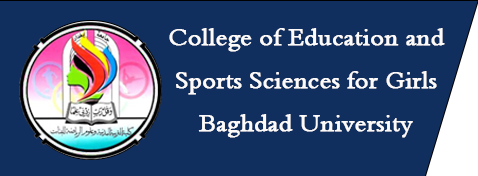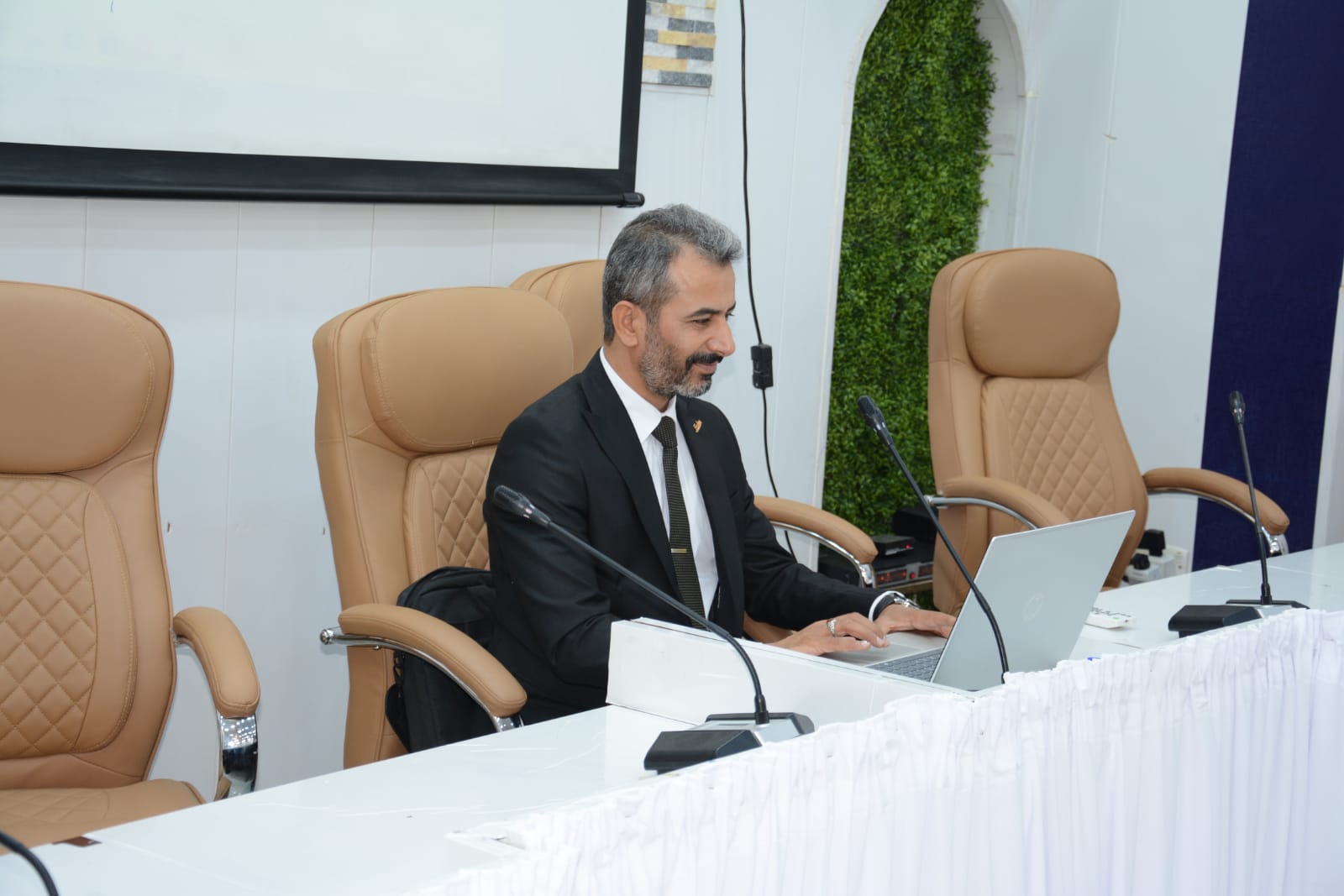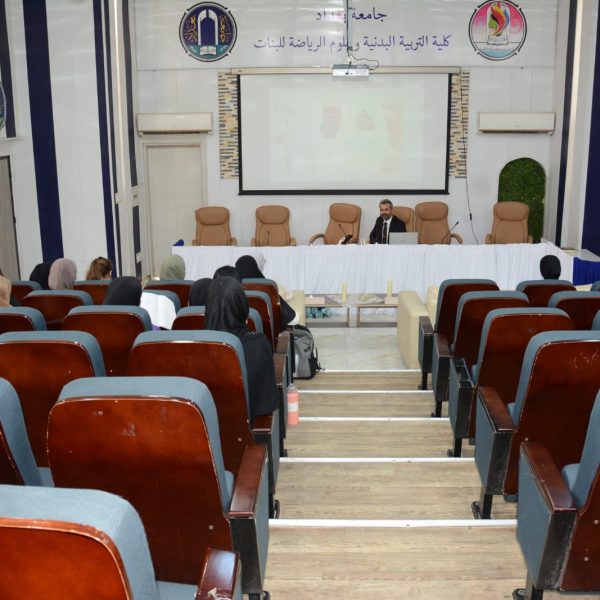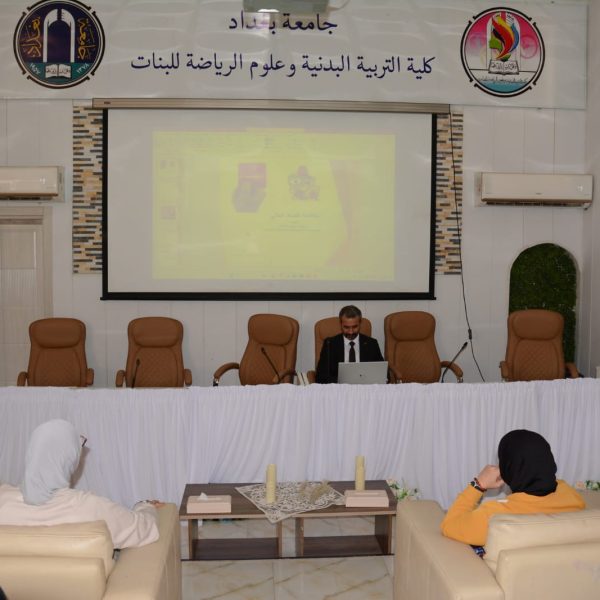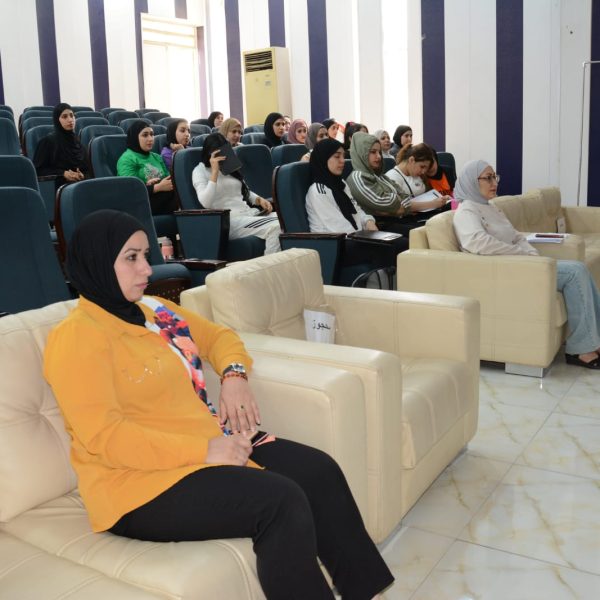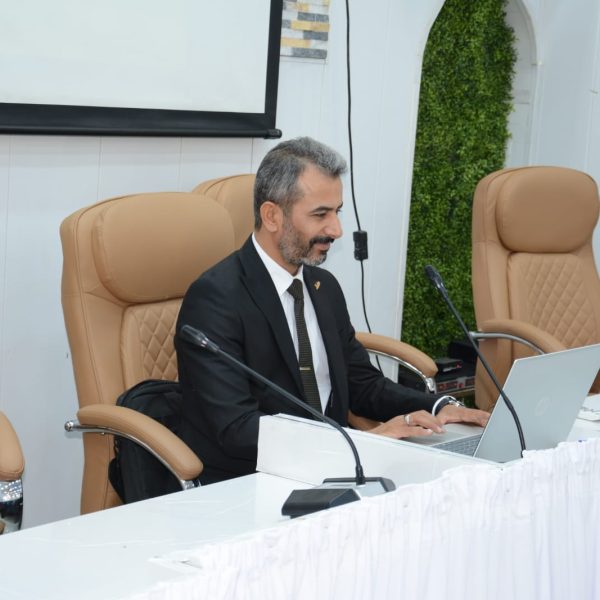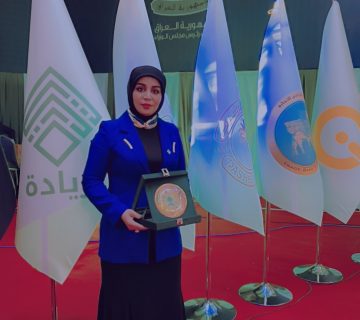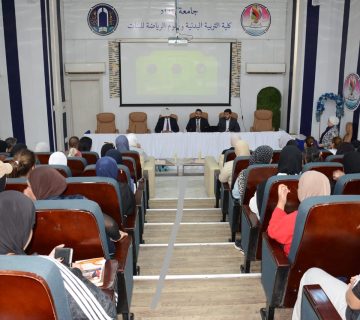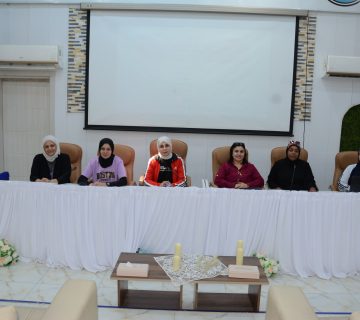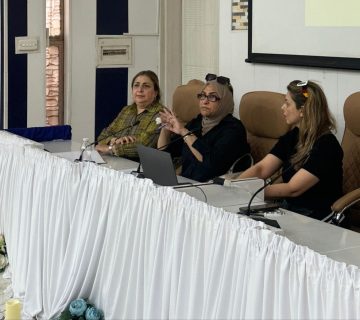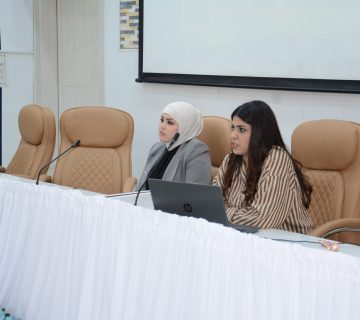As part of the National Anti-Corruption Strategy aimed at promoting integrity and transparency within academic and community environments, the Scientific Affairs Unit at the College of Physical Education and Sports Sciences for Women, University of Baghdad, organized an awareness lecture entitled (Financial Corruption: Causes, Effects, and Ways to Combat It). The lecture was delivered by Assistant Lecturer Safaa Mahmoud, with the attendance of many college staff members, faculty, and students.
The lecture addressed several key topics:
-
The first topic defined financial corruption as the misuse of public funds or the acceptance of money in exchange for providing a service or benefit, whether legitimate or illegitimate.
-
The second topic discussed the types of financial corruption, such as embezzlement, bribery, and falsified invoices.
-
The third topic focused on the factors contributing to its spread, including individual characteristics such as greed, institutional factors such as lack of transparency, political factors related to poor governance, and economic factors such as poverty and low wages.
-
The fourth and final topic highlighted the importance of raising awareness about the dangers of financial corruption, emphasizing that combating it begins with spreading legal and ethical awareness within institutions. It also highlighted the vital role of youth and educational institutions in promoting a culture of integrity.
This lecture supports two United Nations Sustainable Development Goals (SDGs): Goal 4 – Quality Education, and Goal 16 – Peace, Justice, and Strong Institutions.
As part of the National Anti-Corruption Strategy aimed at promoting integrity and transparency within academic and community environments, the Scientific Affairs Unit at the College of Physical Education and Sports Sciences for Women, University of Baghdad, organized an awareness lecture entitled (Financial Corruption: Causes, Effects, and Ways to Combat It). The lecture was delivered by Assistant Lecturer Safaa Mahmoud, with the attendance of many college staff members, faculty, and students.
The lecture addressed several key topics:
-
The first topic defined financial corruption as the misuse of public funds or the acceptance of money in exchange for providing a service or benefit, whether legitimate or illegitimate.
-
The second topic discussed the types of financial corruption, such as embezzlement, bribery, and falsified invoices.
-
The third topic focused on the factors contributing to its spread, including individual characteristics such as greed, institutional factors such as lack of transparency, political factors related to poor governance, and economic factors such as poverty and low wages.
-
The fourth and final topic highlighted the importance of raising awareness about the dangers of financial corruption, emphasizing that combating it begins with spreading legal and ethical awareness within institutions. It also highlighted the vital role of youth and educational institutions in promoting a culture of integrity.
